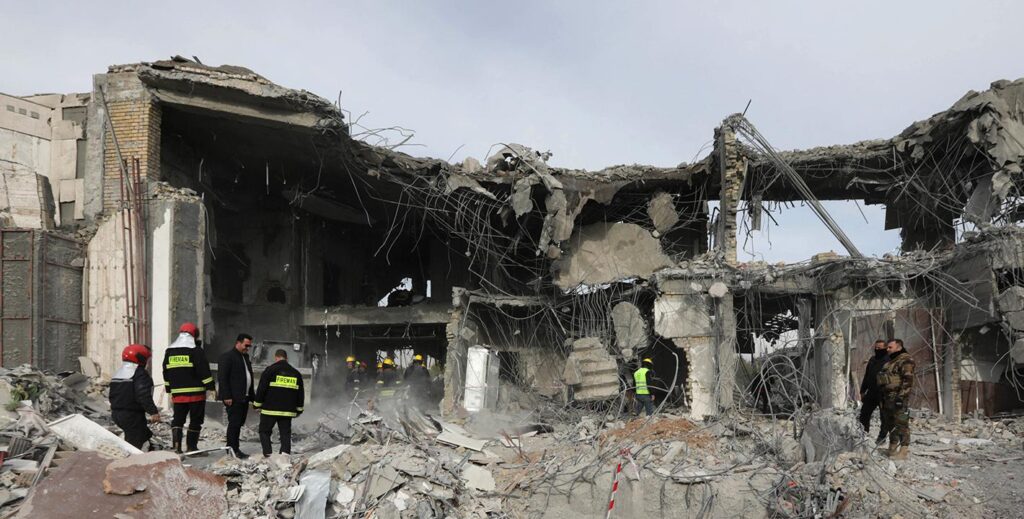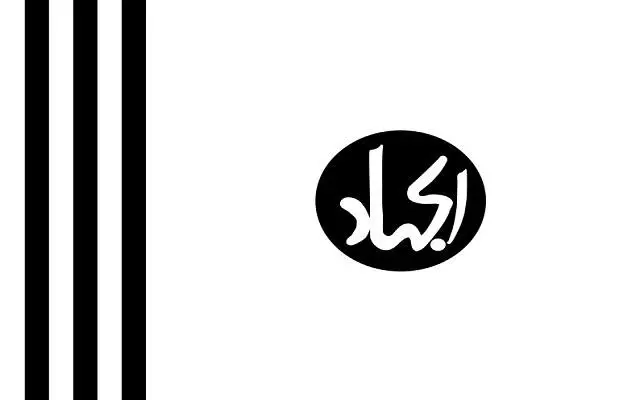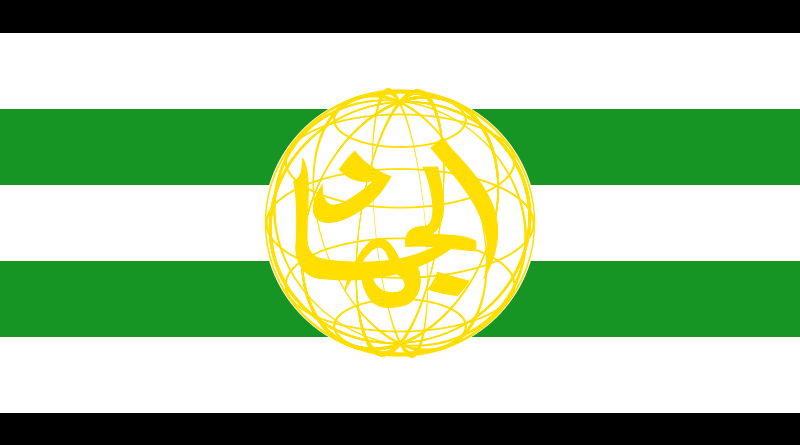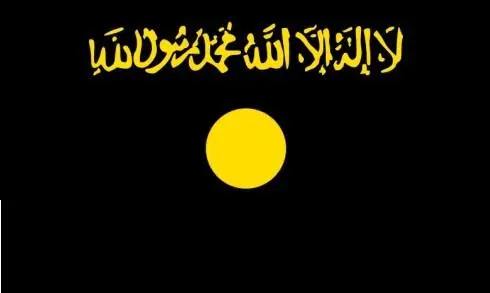Dozens of major terrorist groups operating from Afghanistan
Pakistan has paid a huge price of the US-led war on terror that saw over 80,000 Pakistanis martyred
After the US withdrawal, Afghanistan has become a hub of terrorist organisations capable of attacking Europe, Asia and the US, thereby threating regional and international peace.








